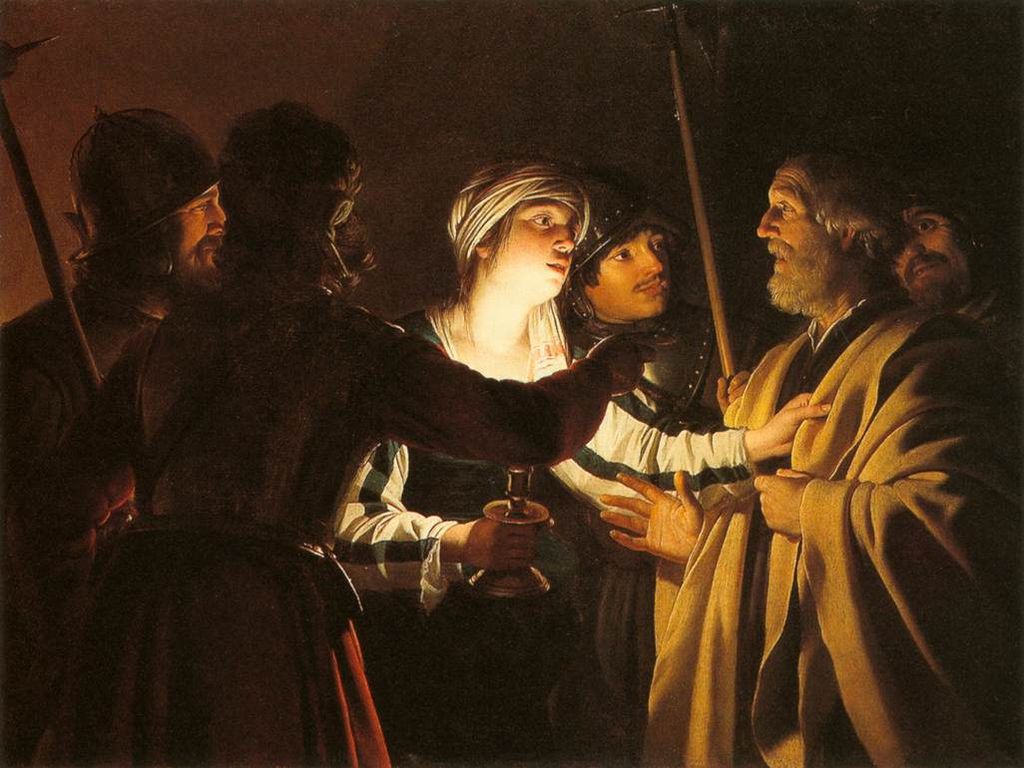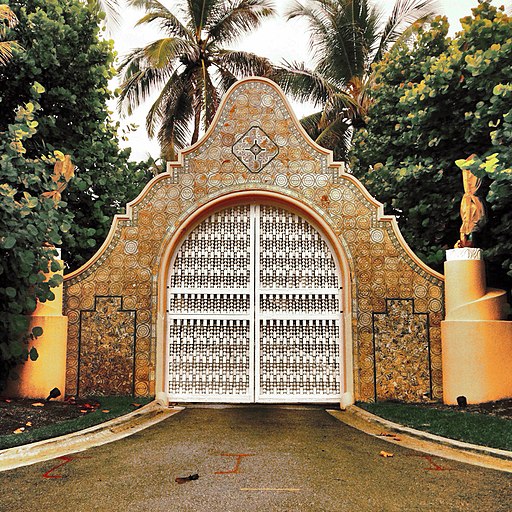
Saint Peter: Greetings, Donald. I’ve been expecting you, but not so soon. I have a few questions before you go through the Pearly Gates to the streets of gold.
Donald: Sure, fire away. I’m very familiar with pearly gates. It can’t be much better than Mar-a-Lago. Fire away!

Okay, Donald. But I have to warn you–everyone up here is equal. There are no private clubs. No towers. No penthouses. No White Houses. No barrios. No borders. No trade restrictions. No nations. No classes other than the de-programming and re-training classes. Everyone has free medical care. No one is rich. No one is poor. It’s a lot like Karl Marx hoped society would be … except for God. Karl was surprised. Are you ready?
Are you serious!!! Why would I want to go in there? This is crazy. Karl Marx was evil. Communism was evil. Socialism is evil. Obama’s evil. Nancy’s evil! Are they here?
Barack and Nancy haven’t arrived yet, but, when their time comes, we’ll treat them the same way we treat everyone else. Lots of your friends are here in the re-training course: Joe [McCarthy], Roy [Cohn], other members of the Trump family.
What about Karl? He’s been dead a long time.
Karl is enjoying the pleasures of the equality he preached while still with you. Karl’s big surprise was that there is a God.
I don’t want to be any place where Karl is welcome. Jerry [Falwell] and Franklin [Graham] told me all about the Judgment. No way Karl is here! No way!
I guess that’s a matter of judgment, don’t you think?
Right. I’m President. I make the judgments. I decide.
I see. It seems you don’t quite get it, Donald. There are no presidents here. No one owns any property here. Everyone here is a child, just like Jesus said. Can I call you ‘Donnie’?
No. I hate that! Mother called me ‘Donnie’. My dad called me ‘Don’.
Okay, Don, I won’t call you ‘Donnie’.
And don’t call me ‘Don’. Dad kicked me out of the house and sent me away to a military academy. I hated that!
But your dad did help you avoid the draft, right? That bone spur thing. Remember?
I did have bone spurs! They were terrible!
Do you still have them? Show me your foot. Everyone up here has bare feet. There are no shoes. Nothing is hidden. Let me see your foot.
No, they’re gone!
Donald, bone spurs don’t just go away, and, when they’ve been removed, the foot will bear the scars from surgery. Show me your foot.
I don’t have a scar! My sister came to the rescue with EZorb. It went away! I’m not hiding anything. I don’t hide things like the fake news and the whistleblowers.
I see. Donald we have a truth problem. Your sister couldn’t have given you EZorb. It didn’t exist when the draft board gave you the deferments. Truth is truth up here, Donald.
That’s fake news! Fake news! You’re part of the deep state that was out to get me.
I’m sorry you feel that way, Donald. Here it doesn’t matter how you feel. It matters what you did. Only facts matter here.
I was making America great again. I’m not like you. I never let a maid expose me out in the courtyard!
You’re in for a great surprise. This is not Mar-a-Largo. Here the maids who spoke truth in the courtyards and cleaned the toilets, and all the undocumented workers, are equal to everyone else. It’s only a matter of time before your family’s driver and all those people at the border join the maids and me up here.
You believe everything you read in the Times? What driver?
Zoltan Tamas, who’s been in ICE lock-up for the last six months.
I don’t know anything about that! It’s all fake news. All fake news!
I’m sorry, Donald. You’ve failed the test. But, like I said, there’s grace here. Feel free take a seat here outside the Pearly Gates until your family’s driver and all the other ICE detainees arrive. In the meantime, a little scripture might help prepare you for the re-training.
I don’t need re-training by a loser, a big time lose just like Judas! Anyway, I didn’t bring my Bible.
I know! You don’t have a Bible, Donald. So…Click THIS LINK for Jesus’s surprising story of the sheep and the goats, the parable of the Last Judgment, to help you understand why people go through re-training here. The Losers turn out to be Winners, and the Winners are Losers. We do our best up here to keep hell empty!
— Gordon C. Stewart. public theologian, Chaska, MN, October 16, 2019




